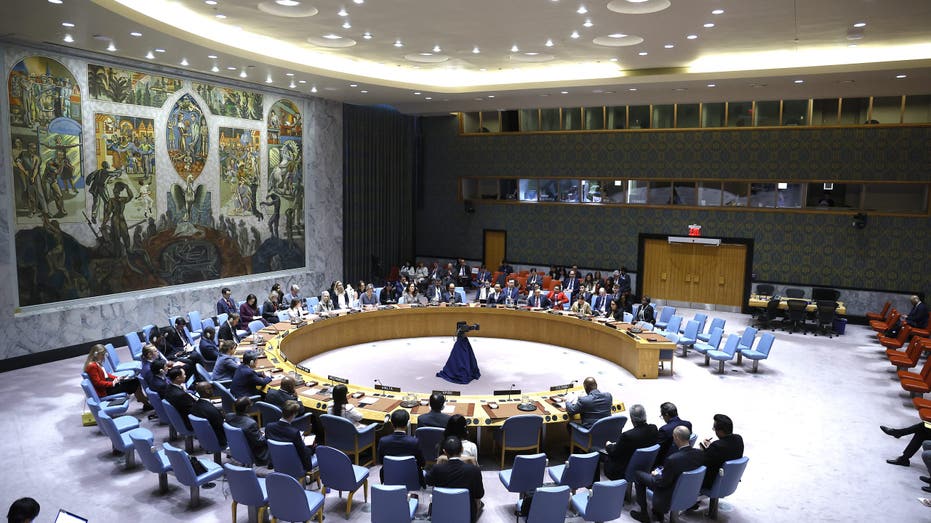Trump Admin Firmly Supports Israel, Rejects UN Resolution Backed by UK and France
U.S. Resists Unilateral U.N. Gaza Ceasefire Resolution Backed by Major Powers

The United States has vetoed a United Nations Security Council resolution that called for an immediate ceasefire between Israel and Hamas, further deepening divisions within the international community regarding the ongoing conflict in Gaza. Despite receiving overwhelming support—14 votes in favor from member states including France, the United Kingdom, Russia, and China—the resolution failed to pass due to the U.S.'s solitary vote against it.
U.S. Chargé d’Affaires Dorothy Shea expressed strong criticism of the draft, arguing that it failed to address the actions of Hamas. “It is inexplicable that many members of this council still refuse to acknowledge that Hamas could end this conflict tomorrow by surrendering and laying down its arms," Shea said. She further accused the United Nations of not taking a firm enough stance against the group, stating, "It is unconscionable that the U.N. still has not labeled and sanctioned Hamas as a terrorist organization."
The blocked resolution did not specifically condemn Hamas, though it demanded the release of the 58 hostages believed to remain in captivity in Gaza. Shea warned the Security Council against what she described as “rewarding Hamas’ intransigence,” referencing the group’s rejection of several ceasefire proposals. In her view, passing the resolution would have undermined efforts to hold Hamas accountable for its actions during the conflict.
Israeli Ambassador to the United Nations Danny Danon publicly thanked the U.S. for its veto, asserting that the move represented a stand for “truth, justice, and moral clarity.” Danon stated, "Thank you for refusing to abandon the hostages and for refusing to legitimize the lies of this resolution." He also voiced concern that the draft disregarded the risks Hamas poses to both Israeli civilians and the distribution of humanitarian aid in Gaza.
On the other side, British Ambassador Barbara Woodward defended her government’s support of the resolution, citing the urgent need to end suffering in Gaza. She called for a halt to hostilities, pressed Israel to ease restrictions on humanitarian relief, and labeled the humanitarian situation on the ground as “intolerable.”
Human rights advocates and analysts have also weighed in on the contentious vote. Anne Bayefsky, Director of the Touro Institute on Human Rights and the Holocaust, condemned the resolution’s language, saying it drew an “obscene equation” between hostages and Palestinian prisoners. Bayefsky suggested there were wider political motivations at play as well, describing the move as an attempt from some Security Council members to undermine the United States on the global stage, particularly in relation to President Donald Trump.
Shea also warned the United Nations against what she characterized as a "performative process" during a period of intense scrutiny and debate over the organization's effectiveness and use of resources. “This council should not be used in this way. This council must hold itself to a higher standard,” she emphasized.
Earlier in the day, Ambassador Danon reiterated criticism of the resolution, arguing that it ultimately “betrays the very people it claims to protect.” He claimed that it ignores Hamas's role in prolonging the fighting and impeding aid, stating, "If you care about the people of Gaza, then stop protecting those who started this war and continue to prolong it. If you care about aid, then help ensure it reaches civilians and not terrorists."
The Security Council’s inability to pass a unanimous measure on the escalating crisis in Gaza leaves the path forward uncertain, as international calls for a resolution continue to mount amid worsening humanitarian conditions.




